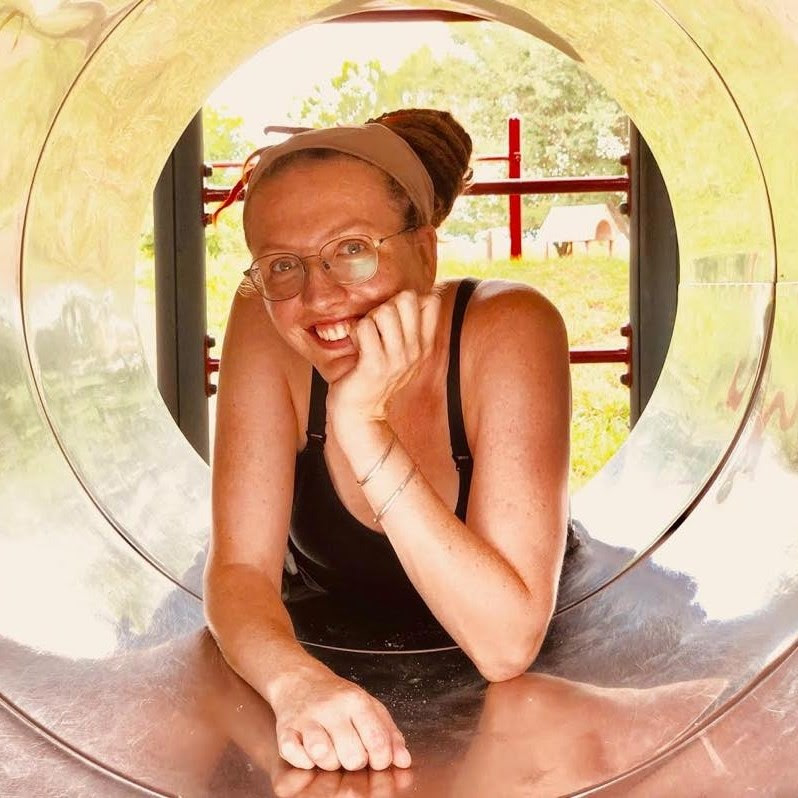

In this episode, I speak with Dr. Hannah C. McLane, founder of the SoundMind Center – a brand new Psychedelic-Assisted Psychotherapy Center in Philadelphia opening in June. Eight of their therapists are part of a select group of professionals training with MAPS to offer MDMA-Assisted Psychotherapy as part of their Expanded Access Program. The mission of the center is to create a space, a community and a movement around using psychedelics to heal our bodies, our minds, and our souls.
Hannah is a neuroscientist, physician and psychotherapist. In 2010 she founded the nonprofit SoundMind Project, and currently conducts research at the VA Medical Center in Philadelphia which focuses on cognitive diversity, PTSD, and emerging alternative therapies for mental health issues.
We talk about our medical system and how it ignores trauma. We also dive deep into understanding what trauma is and what causes it. We discuss how trauma isn’t caused only by catastrophic events like war, natural disasters, death of the loved ones, etc. but also by everyday interactions we have with the world around us. We discuss how trauma lives in the body and defines much of our behavior. We also talk about Hannah’s vision of the future of the healthcare system and the future of the health in general. Hannah explains in detail the work of SoundMind Center and how it will serve marginalized people who suffer from PTSD and also people with cognitive diversity (such as autism and dyslexia).
SoundMind is looking for volunteers to get involved. Whether you have experience in human services, community organizing, blog writing, fundraising, event planning, healthcare, administration, research, or something else, there’s a pretty good chance SoundMind Center could use your help. You can apply here.
More about PTSD and MDMA assisted psychotherapy (from soundmindproject.org):
PTSD is a difficult-to-treat mental health disorder, and occurs in 10-30% of US military personnel (different rates depend on which war they served in). It is also prevalent in first responders and healthcare workers, as well as others. One study showed that 13% of physicians met criteria for PTSD, due to being present during life-threatening situations of others and stressors from their intern year. Another study found that 30-40% of survivors after natural disasters such as hurricanes suffer from PTSD. PTSD often severely affects a person’s ability to function, and overall quality of life. Traditional therapies for PTSD show overall improvement in 44% of patients, but there is usually a very high dropout rate.
What does MDMA-assisted-psychotherapy look like? Patients with PTSD are first screened to ensure they have a PTSD diagnosis – this is determined by discussing the history of the traumatic event with them, asking about symptoms, and administering symptom scales such as the CAPS scale. Then the person meets with a therapist several times before the MDMA-administration sessions. When ready, the person comes in for an all-day therapy session, and is given MDMA while two therapists sit by their side for approximately eight hours, and sometimes more. The therapy type is largely non-directive, in that the person decides what they want to talk about and whether or not they are ready to discuss their trauma. They may lie on a couch and can even listen to music with their eyes closed. The MDMA may be administered up to two more times, on different days. There are then several regular follow-up sessions with the therapist.
One reason this therapy is so unique and innovative is that this is a psychiatric medication that is being given as an episodic treatment – in other words, the plan is not to have the person continue taking it over time, every day. There is a discrete period of time that the MDMA is given, then it is stopped – but the effects continue. In the long-term, this eliminates the side effects of daily medication ingestion, and there is also less of a risk that neurotransmitters (brain chemicals) are permanently altered or depleted over time.
Wills Updates:
SoulBloom
A new project that I’m working on is called SoulBloom and it’s inspired by this series on psychedelic healing that I’ve been doing with Evolving Earth. I am a musician and I decided to start making music specifically for psychedelic healing. My first track is called Space Strum and it’s on Spotify and SoundCloud. The intention of this music is to provide a safe and intentional container for anybody doing intentional journey work. To really help us go inside, discover unknown realms, discover unknown things about ourselves, and bring home healing and integration.
Episode Links
SoundMind Center: https://soundmind.center/
Donate: https://soundmind.center/donate
Volunteer: https://docs.google.com/forms/d/e/1FAIpQLSf9wswFSsTCf6LAkwc_htZ99H5fATszdesZzzGVE3xauKj-CQ/viewform
SoundMind Project: https://soundmindproject.org/
Hannah McLane’s website: https://www.hannahmclanemd.com/

